The Nothing
a city with no mountain
I’ve never been entirely sure if and when I was going to write about this experience, but I have been fascinated by the theme of ‘nothing’ and ‘nobody’ recently and it felt like perhaps this was why.
Caveat dear reader, this post will talk about pregnancy loss, so if that is not your cup of tea today, I will see you next week.
Raviv and I had a miscarriage a while ago. Which, I am realizing in this moment, is a very dark way of putting it. You have a baby, you should not ‘have’ a miscarriage. It is, of course, the opposite of having something. It is having nothing.
I keep putting this post in a drawer, never quite ready to be this vulnerable on a Monday morning. Perhaps it feels too grown up to talk about on a substack full of drawings of mice and facts about rainbows. Perhaps it is, according to google, because I am riddled in shame - I can relate. But I have read a lot of writing on miscarriages, and I find that they often end in a success story: We got pregnant eventually, don’t give up. It definitely feels far less embarrassing and shameful to share your grief if it reads like the hero’s journey, but it feels far more helpful for myself and perhaps for you dear reader, to write about this experience while i’m still in the in between, or ‘the nothing.’ We are not yet successfully pregnant, and we would one day like to be, so I want to explore what this experience feels like on it’s own, without whatever comes next.
The pregnancy
We miscarried at two and a half months, which felt like a dreadfully long time to be pregnant. In a diary entry 8 weeks in, I wrote that I had the emotional capacity of a 15 year old and the energy of a hungover 90 year old and I was completely unable to do anything but eat four cheese tortellini.
As you can see, I didn’t even have the energy to justify my writing.
In Crying in H Mart, Michelle Zauner described love as “an inconvenience in someone else’s favor” which resonates a lot with how I felt about the first trimester. During one of my more rotten days, my mom told me to write a letter of complaint to my future baby. Her suggestion was this, which I decided was perfect just as it was:
I’m going to love you one day but right now we can’t even get through lunch. How are we going to get through the bigger things in life if we can’t even make it through a single meal.
She then suggested I write about the life I would be leading if I hadn’t gotten pregnant. I misunderstood this exercise and wrote this:
One day I woke up and I wanted pancakes. I had fallen asleep the night before watching Diane Keaton making them for Jack Nicholson in ‘Something’s Gotta Give.’ I could barely look at the pancakes on screen, and then the next morning, I too was making them from scratch. I wrote in my planner that day:
“Feel a shimmer of hope inside me. Make pancakes because of Nancy Meyers. Make a list of foods I’d like to learn how to cook for baby. Nap for 2 hours.”
We found out at the doctor’s office a few days later that the baby no longer had a heartbeat. It feels very vulnerable to share this next entry, but in the spirit of this post:
“I started feeling better around July 24th. I made pancakes. I did the most motherly thing I can think of only once the babies heart had stopped beating.”
I was told I could either wait for my body to ‘realize it was no longer pregnant’ which could take up to 8 weeks or have a D+C. I opted for the D+C, and just waiting the few days to have it done was pretty devastating. Raviv and I dyed out hair pink and purple and said we were in the witness protection program from grief. We buried a magnolia bud in the ground:
and said that in a multiverse somewhere we had a little girl and she was the president:
I fixated on what I could have done differently to keep the pregnancy. I felt guilty that there were moments where I feel so nauseous I would rather have not been. I wrote this poem:
In the NeverEnding Story, the antagonist is ‘the nothing’ and I believe it to be one of the most haunting villains in literature.
Before we became pregnant we felt complete, and after we lost the baby we felt, for a while, like we had nothing. People would ask us if we were thinking of trying again, but we felt so much whiplash from the first experience we just wanted a moment to take a breath and go back to being us for a while. But it wasn’t so easy to go back. Every day I would ask myself versions of: “Yes, this is a very lovely ceramic bowl you’ve made, but is it more lovely than creating life?”
I thought about all the alternative lives I could be living: if we’d had the baby, if we’d tried immediately to have another, if we’d…
“It is always so early in here.”
I want to dive a little deeper into the idea of ‘nothing,’ and explore it not as an iconic villain from a children’s book, or an empty void in a life, but as a beautiful alternative way of living.
The book Motherhood by Sheila Heti has some very good observations about our relationship to having children:
Being a woman, you can’t just say you don’t want a child. You have to have some big plan or idea of what you’re going to do instead. And it better be something great. And you had better be able to tell it convincingly - before it even happens - what the arc of your life will be.
I prefer Ursula K Guin’s Carrier bag theory of fiction over the Hero’s Journey myself, so no arc for me! Just a bag full of potatoes.
In fact, instead of mapping out an arc of my current existence, I would like to use the 8pm slot in Ursula K Guin’s daily schedule:
“I tend to be very stupid and we won’t talk about this.”
The passage that absolutely floored me in Sheila Heti’s ‘Motherhood’ was when she refers to having a child as a something vs not having a child as a nothing.
To have a child is like being a city with a mountain in the middle. Everyone sees the mountain. Everyone in the city is proud of the mountain. The city is built around it. A mountain, like a child, displays something real about the value of that town. In a life in which there is no child, no one knows anything about your life’s meaning. They might suspect it doesn’t have one - no centre it is build around. Your life’s value is invisible. How wonderful to tread an invisible path, where what matters most can hardly be seen.
I could read this passage forever. I probably don’t need to keep writing because this perfectly sums up everything i’d like to say today. But if I did that you wouldn’t get to read this what John Keats wrote about things real, semi-real and no-things:
Ethereal things may at least be thus real, divided under three heads -
Things real - things semireal - and no things.
Things real - such as existences of Sun Moon & Stars and passages of Shakspeare. Things semi-real such as Love, the Clouds etc. which require a greeting of the Spirit to make them wholly exist - and Nothings which are made Great and dignified by an ardent pursuit - which by the by stamps the burgundy mark on the bottles of our Minds, insomuch as they are able to "consecrate whate'er they look upon"
No-things sound chic as heck! Way cooler than “Love” and “The Clouds.”
What I am getting from Keats is that keeping a no-thing alive is noble, effortful + bloody difficult. The Clouds are bobbing along no problem, but if someones does not take the time to acknowledge a ‘no-thing,’ it risks disappearing completely.
The Japanese concept of Ma is the time and space life needs to breathe, to feel and connect. Sometimes referred to as a moment of emptiness or the time in between clapping, Miyazaki often talks about the use of Ma in his work:
‘Ma’ gives the story a sense of time, and place and who the characters are.
I didn’t like to leave the house all that much after the miscarriage because I didn’t know how i’d fair in the real world. I found such solace in this piece by Paul McAdory about the comfort he found in talking to the inanimate objects in his house:
I would whisper my troubles to my closest confidant: Wall. Wall was the wall nearest my childhood bed and, other than the occasional stray bang or muffled skittering, a nonverbal communicator. That didn’t stop me from hearing and heeding his counsel. Nor did his cheap facade — brownish faux-wood paneling littered with stickers — temper my belief in his tender depths. Wall was a boy like me, but calmer, cooler, more reflective. He listened to me, debated me, grasped the ends of sentences I didn’t finish. Off him I could bounce ideas as well as balls until sleep finally conquered fright.
As he becomes an adult, he outgrows wall and his other non verbal confidants:
I no longer speak to Wall or to any of his relations: Laces, Ceiling, cantankerous Floor. We seem to have forgotten how to communicate with one another. Besides, we hardly see each other anymore.
Inanimate objects are so often considered lifeless furniture. But if we were living in the era of animism, or practicing Shinto, they would be just as good a companion as the next candlestick holder. Animism believes that:
objects, places, and creatures all possess a distinct spiritual essence. Potentially, animism perceives all things—animals, plants, rocks, rivers, weather systems, human handiwork, and perhaps even words—as animated and alive.
A beautiful way to look at things that are so often overlooked or invisible to us in our daily lives.
To quote Connie Converse:
“We lived alone, my house and I
We had the earth, we had the sky
I had a lamp against the dark
and I was happy as a lark.”
I think it is very serendipitous, given the Sheila Heti passage, that this Connie Converse song is called ‘Two Tall Mountains.’
Connie Converse disappeared from Ann Arbor, Mich., in 1974, and hasn’t been seen or heard from since. A recent New York Times piece wrote about her disappearance, and more importantly, a persons right to disappear. In the article she is described her as “ahead of her time, but by only minutes.”
I did eventually complete my mothers assignment and I just unearthed it. Here it is unedited - a sweet nauseous girl, lying next to her bucket, fantasizing about drinking G + T’s.
It feels like in the end my mum’s advice was best: Try to imagine the life you would be leading if you were not pregnant. Or as Sheila Heti puts it:
I dont know why I don’t do the obvious thing - instead of fantasizing about other lives, why not try to imagine what it’s like to be me, a life i’m living now - fantasize into the life that’s actually mine?
Thank you for reading, see you next week.


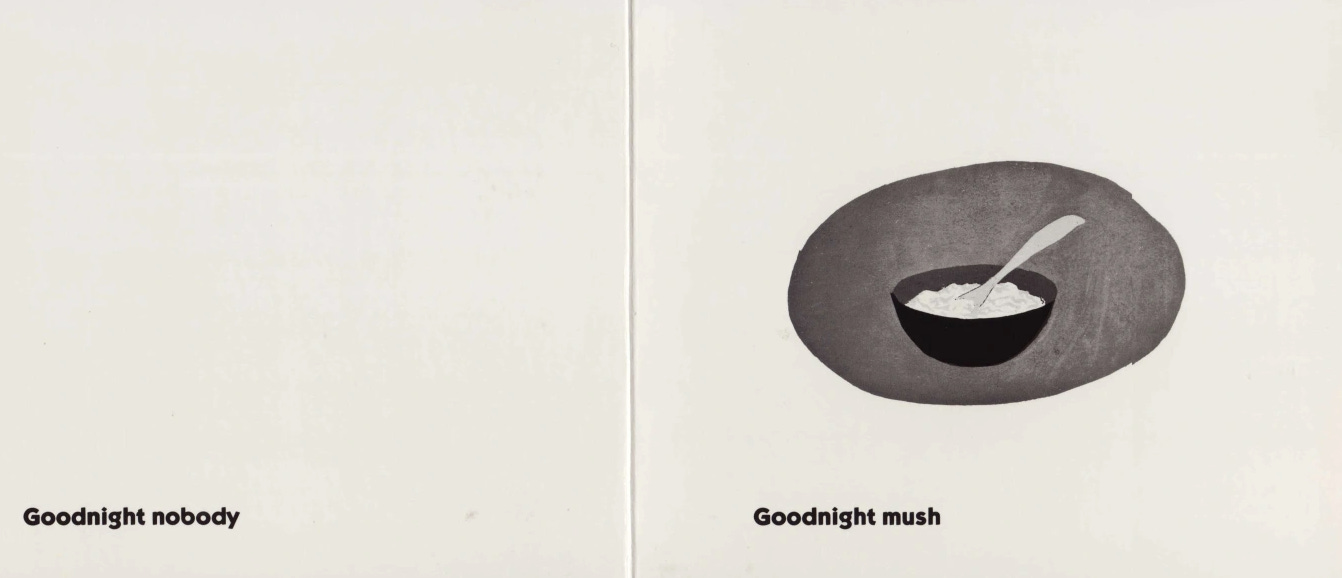

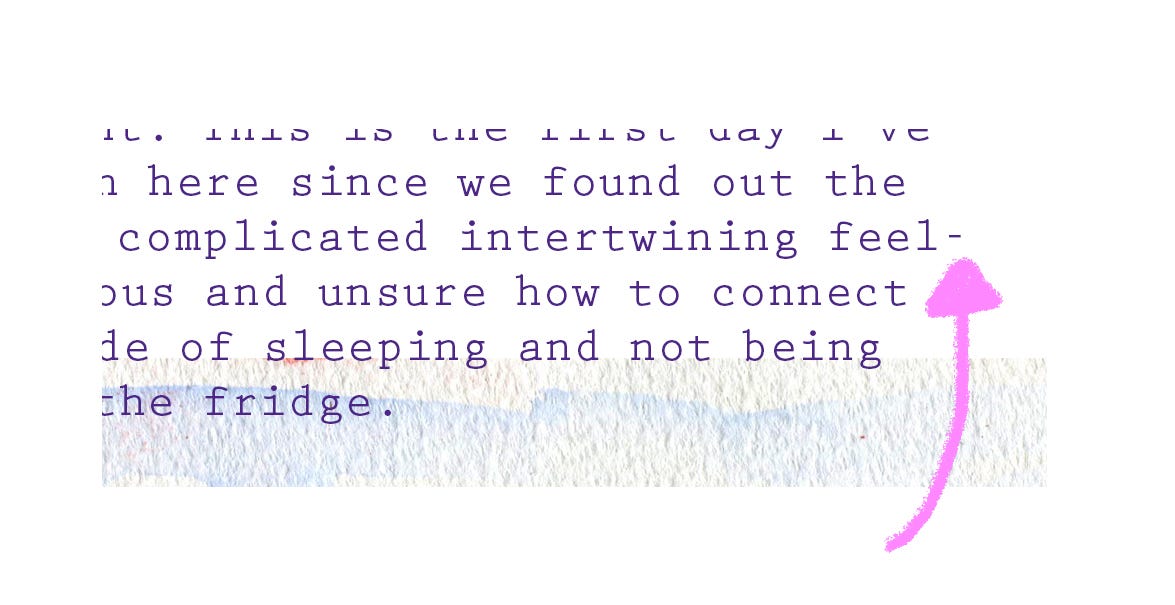
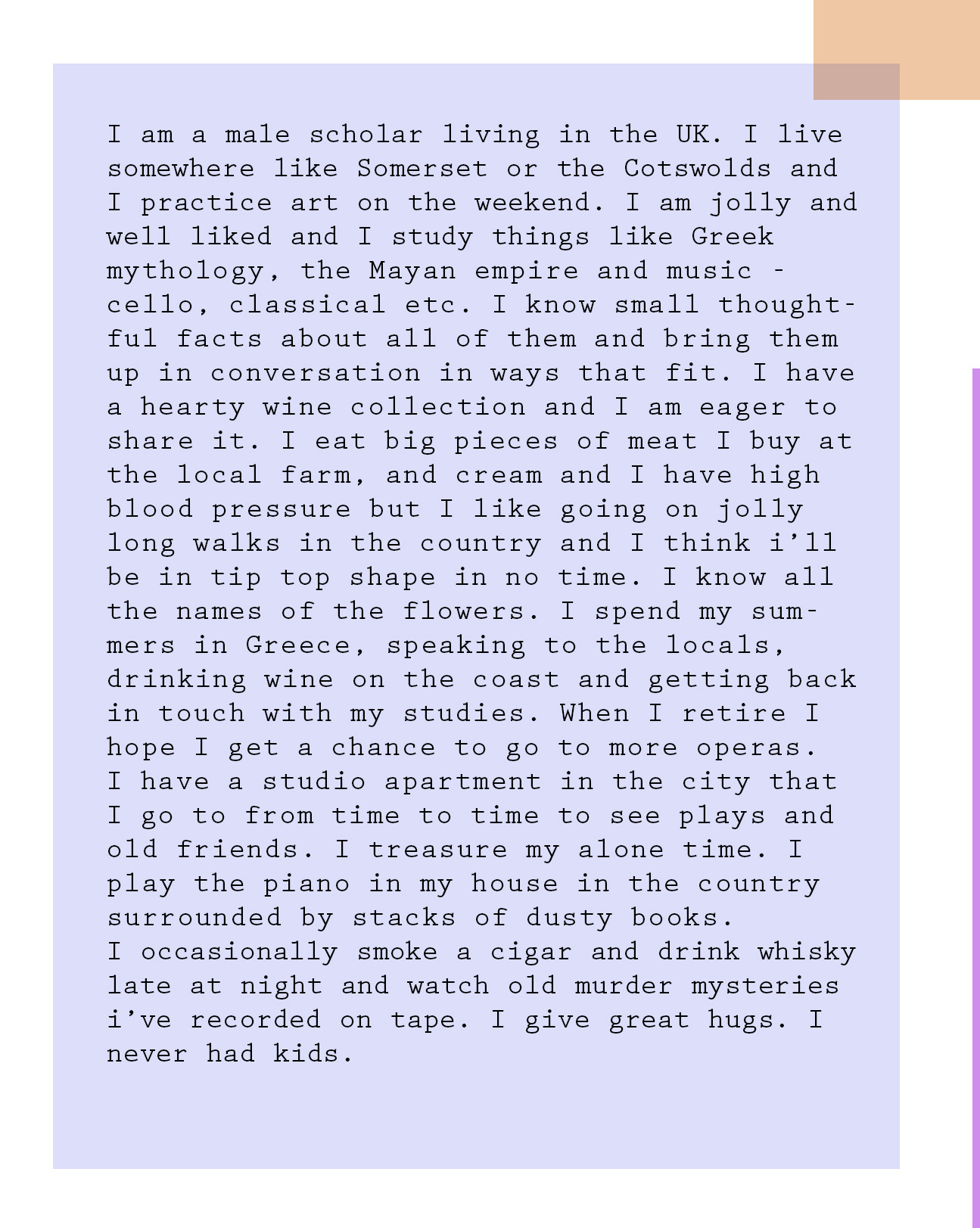
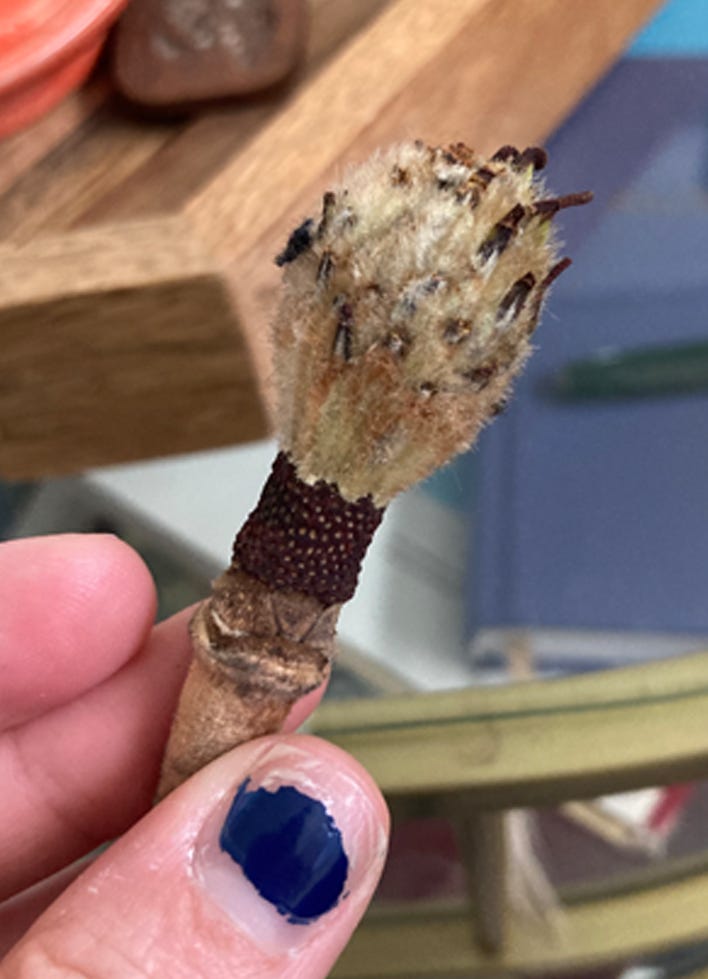


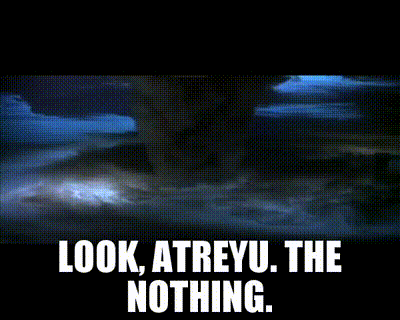






Thank you for sharing your beautiful thoughts on this subject. Thank you for putting it in words, being both brave and vulnerable 💕 and I am so sorry for your loss. It is the most insightful post on loss and miscarriage I have ever read. And we need to be able to adress this nothingness, as it is something a lot of us will be going through, or witness loved ones do, whether it is the hero’s journey or just a bag full of potatoes. My thoughts to you and again: thank you for sharing.
thank you for your vulnerability <3